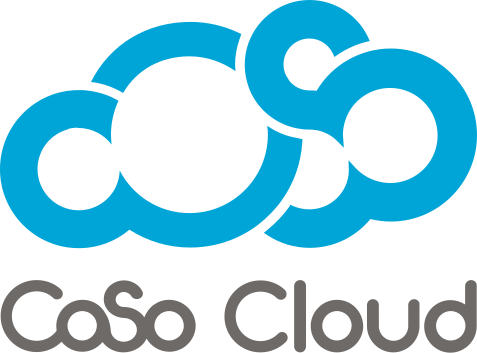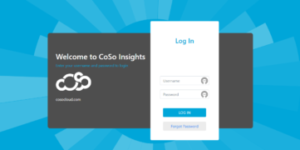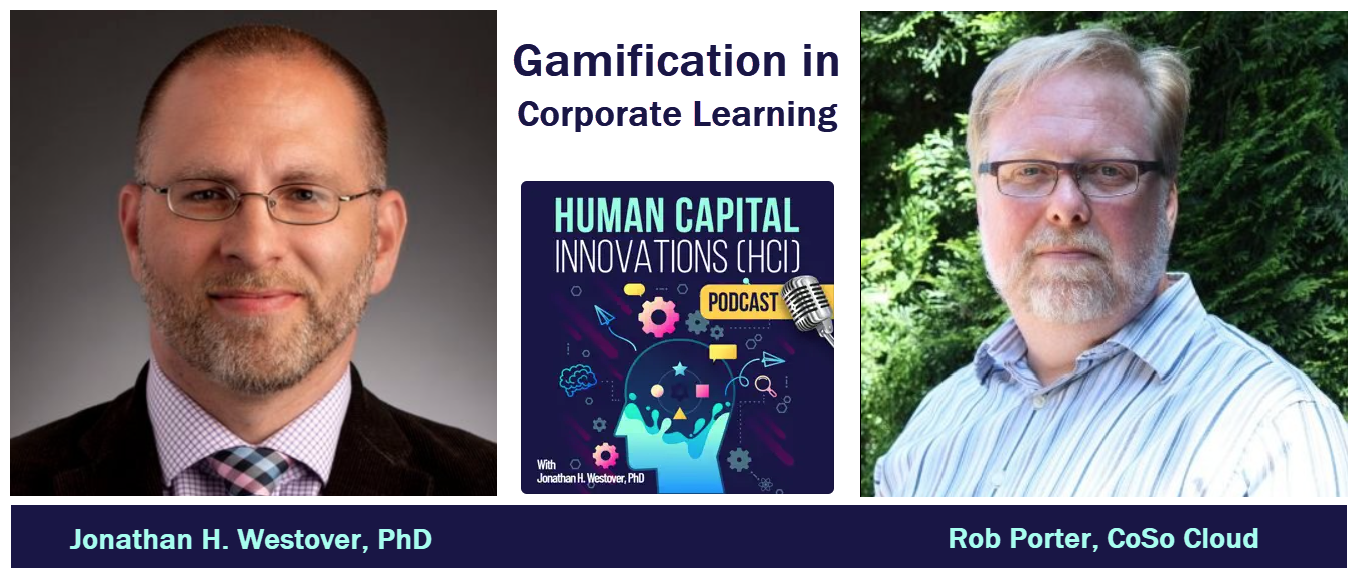
How to Choose the Best LMS for Regulated Industries
March 15, 2024
In the world of Learning Management Systems (LMSs), CoSo Cloud stands out for its expertise in high-stakes applications. However, interpretations may vary regarding “high consequence” scenarios. While every organization grapples with security lapses that could prove catastrophic, regulated entities must also contend with potential fines and official sanctions in case of mishaps.
In the heavily regulated sectors such as healthcare, finance, and government, mishaps are relatively rare, thanks to the stringent certification processes. Attaining the demanding benchmarks of top-tier certifications can be a costly and intricate endeavor for Learning Management System (LMS) providers. This commitment is often reflected in the pricing and quality of their services. Consequently, finding an LMS provider capable of ensuring compliance with regulatory and training requirements while remaining budget-friendly can be a formidable challenge.
Leveraging Certifications as an Advantage
LMS customers must recognize that compliance certifications are highly valuable assets for LMS providers. These certifications represent substantial investments in terms of time and resources, often obtained with specific customers and use cases in mind.
For instance, SOC 2 Type 2 certification is nearly a prerequisite for all cloud service providers in North America. HITRUST, on the other hand, is a comparable but higher-cost certification tailored explicitly for the healthcare sector, ensuring compliance with HIPAA requirements.
When seeking an LMS, it’s wise to familiarize oneself with industry-specific compliance certifications and seek out vendors holding these certifications. This approach enables a more discerning evaluation of an LMS provider’s genuine expertise beyond marketing claims.
Navigating the Government Landscape
In the realm of government entities, compliance concerns revolve around adherence to federal and state cybersecurity regulations. At the federal level, FedRAMP is the most comprehensive certification administered by the General Services Administration (GSA). FedRAMP assesses security controls, risk management, and compliance across three levels: Low, Moderate, and High, each matching different degrees of data sensitivity. StateRAMP mirrors FedRAMP but caters to state government requirements.
Although StateRAMP has fewer controls and requirements than FedRAMP, it employs a similar standardized procedure to identify and evaluate risks and security compliance of providers. Presently, about a third of U.S. states participate in StateRAMP. Government agencies can leverage authorizations from both frameworks to streamline compliance processes and reduce redundancy.
Deciphering Compliance Levels
Whether dealing with FedRAMP or StateRAMP, agencies must gauge the compliance level for their LMS based on data sensitivity. For example, an outward-facing training system with personal user data may necessitate at least FedRAMP Moderate, whereas internal employee training might suffice with Low.
Choosing Between FedRAMP and StateRAMP Certified LMS
When considering between FedRAMP and StateRAMP certified LMS options, it’s important to recognize the distinct benefits of each certification and consult with internal experts to determine specific advantages for the agency or organization.
While there is some overlap between FedRAMP and StateRAMP certifications, they offer unique advantages depending on the scope and requirements of the organization. StateRAMP, for instance, may present a lower entry barrier for LMS providers focusing on state government agencies specifically. Although StateRAMP is a relatively recent certification, providers holding this certification alone may offer specialized services tailored to state-level regulations.
Providers with extensive experience in the government market may have obtained FedRAMP certification first, signifying a higher level of expertise and adherence to federal standards. However, some providers, such as CoSo, hold both FedRAMP and StateRAMP certifications. This dual certification status demonstrates a deep specialization in the government LMS market, catering to a diverse range of entities including local governments and high-stakes federal agencies like the Department of Defense.
Consulting with internal experts is crucial to understanding the specific needs and priorities of the organization. These experts can provide valuable insights into how each certification aligns with the organization’s regulatory requirements, security protocols, and operational objectives. By leveraging the expertise of internal stakeholders, organizations can make informed decisions and choose the most suitable LMS solution for their unique requirements.
In any regulated industry, an LMS provider’s certifications serve as indicators of their area of expertise and commitment to compliance. The costs and dedication involved in obtaining and maintaining these certifications reflect the provider’s level of investment in meeting industry standards and ensuring the highest level of service quality. By carefully evaluating the certifications held by LMS providers and consulting with internal experts, organizations can identify the most qualified and suitable partner to meet their learning management needs.











